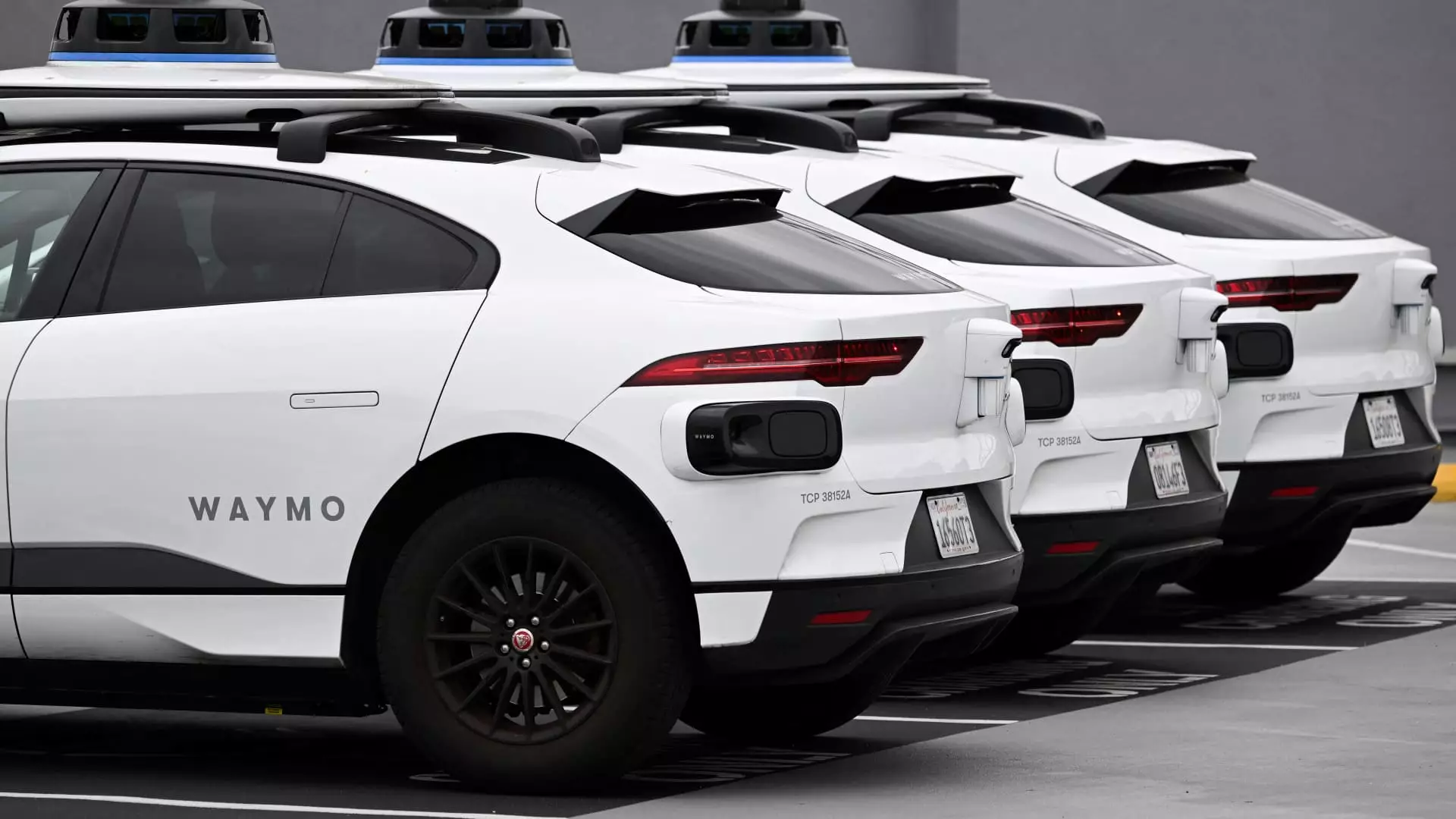Waymo’s announcement to begin testing autonomous vehicles in Philadelphia seems like a strategic move cloaked in optimism. Yet, beneath the surface lies a potential misjudgment of the city’s complexities. Philadelphia, a city rich with history and character, also faces significant infrastructural and social challenges, which make it a perilous testing ground for such cutting-edge but unproven technology. While the company claims these road trips are essential for mapping and performance evaluation, one has to question whether it’s truly prepared for the realities of urban driving in a city with narrow streets, unpredictable traffic patterns, and diverse neighborhoods. The sheer enthusiasm displayed by Waymo borders on hubris, overlooking the risks that come with deploying autonomous tech in such an environment.
Driving Through Philadelphia’s Political and Social Landscape
The decision to test in Philadelphia reveals more than just a technological ambition—it hints at a broader narrative about urban governance and public acceptance. When corporations like Waymo extend their reach into major cities, they often underestimate the political sensitivities involved. Philadelphia’s history of social disparities, combined with local skepticism about large corporations’ motives, raises the question: is this testing merely a commercial pursuit or an act that could undermine civic trust? The city’s residents are rightly cautious about replacing traditional drivers—many of whom rely on these jobs—with autonomous systems that are still in their infancy. The move could ignite political debates about regulation, job security, and public safety, which Waymo seems ill-prepared to navigate with just superficial community engagement.
Too Little, Too Early: The Cost of Overconfidence
While Waymo’s fleet remains limited and still critically human-driven in some zones, the underlying message seems to suggest an overconfidence in the technology’s readiness. As the company continues its “road trips,” it skirts dangerously close to overpromising. Autonomous vehicles may perform well in controlled conditions or in specific cities like Phoenix and San Francisco, but Philadelphia’s labyrinthine streets and diverse neighborhoods demand far more than cool data collection—what’s needed is proven safety and reliability. Rushing into full deployment without adequate safeguards risks public backlash if accidents or failures occur. Waymo’s approach appears more driven by investor pressures and the desire to demonstrate progress rather than a clear-eyed assessment of real-world readiness.
The Broader Implications: Innovation or Illusion?
Alphabet’s commitment to monetizing AI and autonomous tech underscores a harsh truth: the industry is facing immense pressure to show profit, often at the expense of prudence. Their heavy investments in infrastructure and infrastructure expansion seem driven by a mixture of ambition and necessity, but the balance is skewed. The considerable losses reported—over four billion dollars last year—highlight the fact that this is a risky venture with uncertain payoffs. Waymo’s expansion strategy, including Philly’s testing phase, looks more like a gamble to appease investors than a well-calibrated plan for sustainable growth. If the technology fails to adapt adequately to the unpredictable urban fabric, the consequences could set back autonomous vehicle deployment for years and erode public trust in the industry at large.

